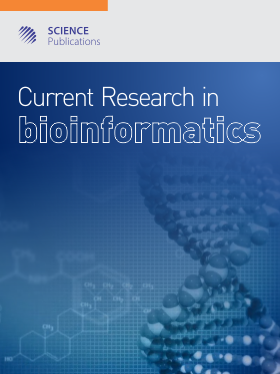ONCODIAG Select and Test (ST) Algorithm: An Approximate Clinical Reasoning Model for Diagnosing and Monitoring Breast Cancer
- 1 Ahmadu Bello University, Nigeria
Abstract
Clinical reasoning involves coordinated thinking strategies targeted at gathering and analyzing relevant information to arrive at a high-quality clinical solution to patients' medical problems. The correctness and proper choice of clinical reasoning approach chosen by a clinician or machine affect the accuracy and acceptability of the diagnosis; moreover, another challenge that usually surfaces during clinical reasoning is the burden of reasoning out what is known as missing data. This implies that failure to measure-up to the requirement of an acceptable clinical reasoning procedure and inability to gather enough data will have adverse impact on patient's health. A major motivating factor necessitating research of models for automation and formalization of in clinical reasoning is due to its sensitivity and complexity. Although different formalism now exists, such as approximate reasoning and use of models or logical inferences, to curtail the issue of incompleteness of data and as well attain a high-quality clinical problem solving. However most of these formalisms have the drawback associated with their underlying methods of approximation of reasoning structures that usually mar the procedure and result of clinical problem solving process. The Select and Test (ST) algorithm offers close solution to the problems earlier stated. This paper presents an improved model of ST algorithm for clinical diagnosis and monitoring. This paper is focused on redesign of the ST model and the formalization of the approximate clinical reasoning. The redesigned ST model incorporates a monitoring module and mechanism for interacting with an ontology-based knowledge store. Specifically, the ST algorithm was modified to accommodate these additions to the ST model. Data was sourced through a retrospective study on breast cancer patients' records and through the administration of questionnaire at the Ahmadu Bello University Teaching Hospital (ABUTH) Zaria, Nigeria. In addition, Wisconsin datasets were used to test the resulting formalism. Empirical analysis of breast cancer diagnosis using the proposed model revealed that the accuracy of 88.72% was achieved. Similarly, a sensitivity of 1.0, specificity of 0.51 and an ROC point of (0.49, 1) was also attained. This paper presents an inference model and its approximate reasoning representation to diagnose and monitor the presence of a disease.
DOI: https://doi.org/10.3844/ajbsp.2020.1.16

- 5,081 Views
- 2,355 Downloads
- 3 Citations
Download
Keywords
- Clinical Reasoning
- Model
- Select and Test Algorithm (ST)
- Intelligent Agent
- Medical Diagnosis
- Monitoring Agent
- Ontology
- Rule Sets
- Breast Cancer
- Clinical Decision Support Systems
- Diagnosis Decision Support System
